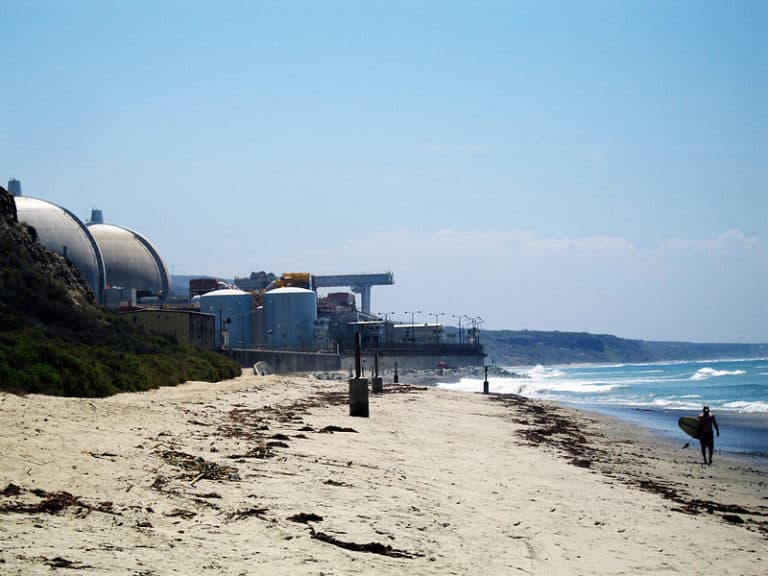Time to stop consuming precious resources to harmonize occupational dose limits
Pressure groups and interested individuals have been striving for more than two decades to force the U. S. to reduce its occupational worker radiation protection limit from 50 mSv/year to 20 mSv/year. The primary justification for this effort is that in 1991 the International Commission on Radiation Protection (ICRP) issued publication 60 and provided their…

